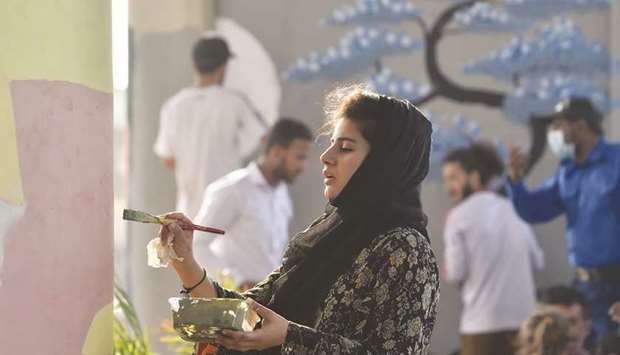The government of Pakistan has submitted a project to the World Bank, seeking $200mn to strengthen digital connectivity as a key foundation for the development of digital economy, and to enhance the government’s capacity for digitally enabled public service delivery.
The proposed project, to be financed by the loan from the International Development Association (IDA), will focus on critical digital infrastructure, platforms and supporting regulations for digital services.
The project will be implemented in the Islamabad Capital Territory (ICT), provincial capitals and in selected second and third tier cities where broadband infrastructure will be expanded.
Focus on second and third tier cities is likely to improve students’ access to online classes and also will enhance access of knowledge workers, small and medium enterprises and start-ups creating new businesses and new jobs.
The provision of new or upgraded high-speed internet access for unserved and underserved district hospitals and secondary schools in the selected first tier cities where backbone network infrastructure is already available will be supported.
The list of locations will be confirmed by the ministry of information technology and telecommunications in consultation with ministries of health and education and provincial governments.
At this stage, it is not clear which second tier and third tier cities would be selected and so this selection would be further expanded during project preparation.
While provincial capitals do not have any geologically sensitive hotspots, they have a significant number of historical and cultural heritage sites. Similarly, ICT territory includes Margalla Hills National Park which is a protected area allowing only restricted activities.
The project forms part of the World Bank’s consolidated assistance programme to Pakistan in the wake of the coronavirus pandemic.
The ongoing Covid-19 pandemic has made it apparent that without access to reliable connectivity and devices, millions of Pakistanis are being further cut off from vital information on health and safety, online learning, the opportunity to participate in a new economy, and have their voices heard, thereby highlighting many medium-term challenges to digital transformation that need to be overcome.
A World Bank document on the project critically notes that in Pakistan women have significantly less access to internet usage, compared to men. This divide is even more pronounced in rural areas, where only 6% of women have access to internet compared to 21pc in urban.
Pakistan also has the highest mobile ownership gender gap in the world. Education is a major enabler of digital empowerment among women. Women with higher education in Pakistan have a significantly higher chance (53%) of accessing Internet than those with primary education (6%).
Additionally, women face fears of intimidation and harassment once online. As many as 34% of women in Pakistan have reported having faced online harassment.
Even though a helpline under the National Response Centre for Cyber Crime exists, a vast majority of women (72%) have been reported to be unaware of any cyber harassment laws or initiatives in Pakistan.
A project assessment will be undertaken to identify needs of girls’ schools to be targeted for the project – digital skills and literacy and safety and security concerns of women and girls, the project document says.
The lead implementing entity is expected to be the Ministry of Information Technology and Telecommunications.
The World Bank has recently launched an advisory engagement with the ministry through the provision of technical assistance on spectrum management and telecoms policy.
The World Bank has also held initial consultations with the government’s Digital Pakistan team in the prime minister’s office on potential institutional support.
The document notes that the ministry has no previous experience with IDA-financed operations. It also does not have in-house environmental or social unit or staff, and does not have experience of obtaining national environmental clearances.
Nor does the ministry have any experience of working with international financial institutions during the last three years that required implementation of safeguard policies.

Art students paint graffiti on the pillars of the Orange Line Metro Train track in preparation of its opening in Lahore on October 18. The government of Pakistan has submitted a project to the World Bank, seeking $200mn to strengthen digital connectivity as a key foundation for the development of digital economy, and to enhance the government’s capacity for digitally enabled public service delivery.
